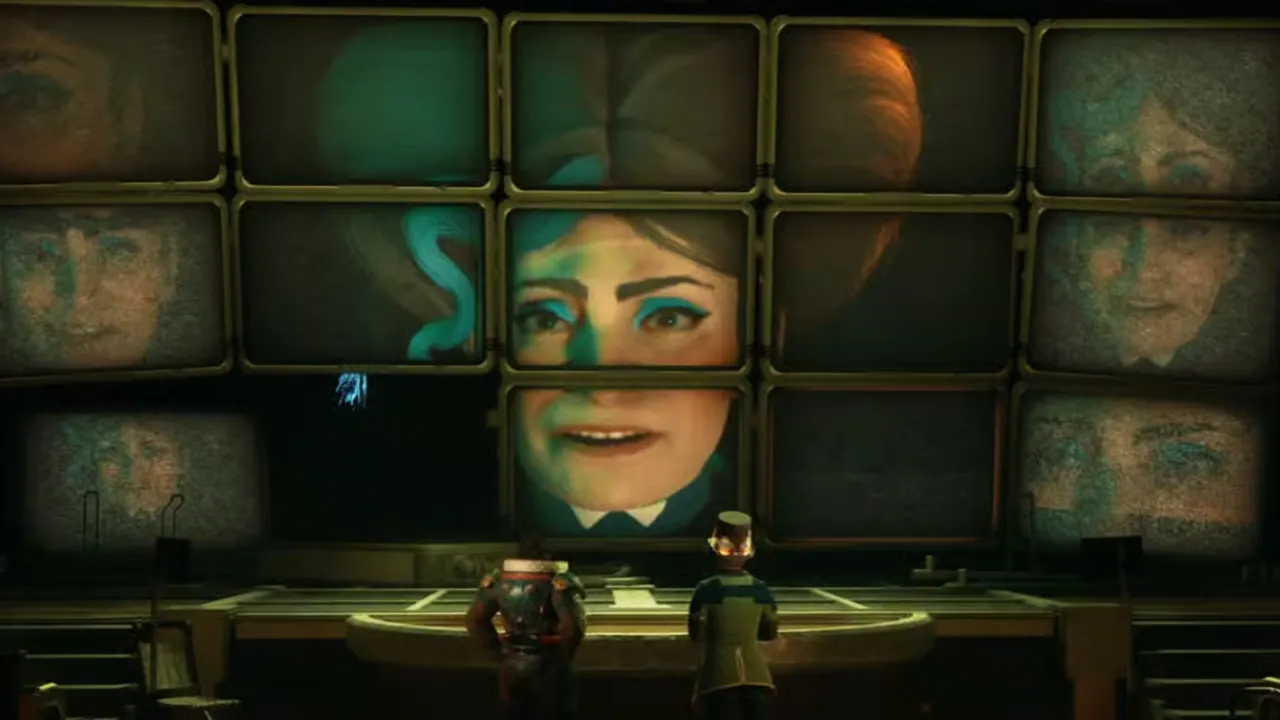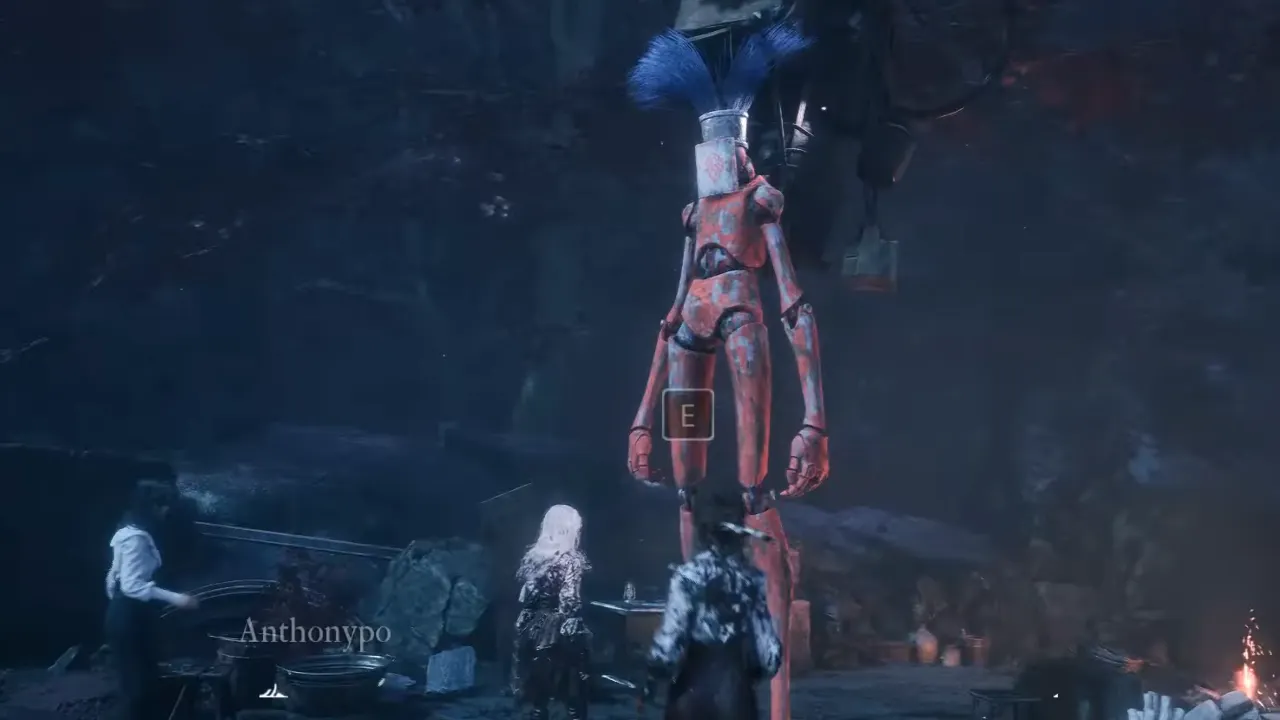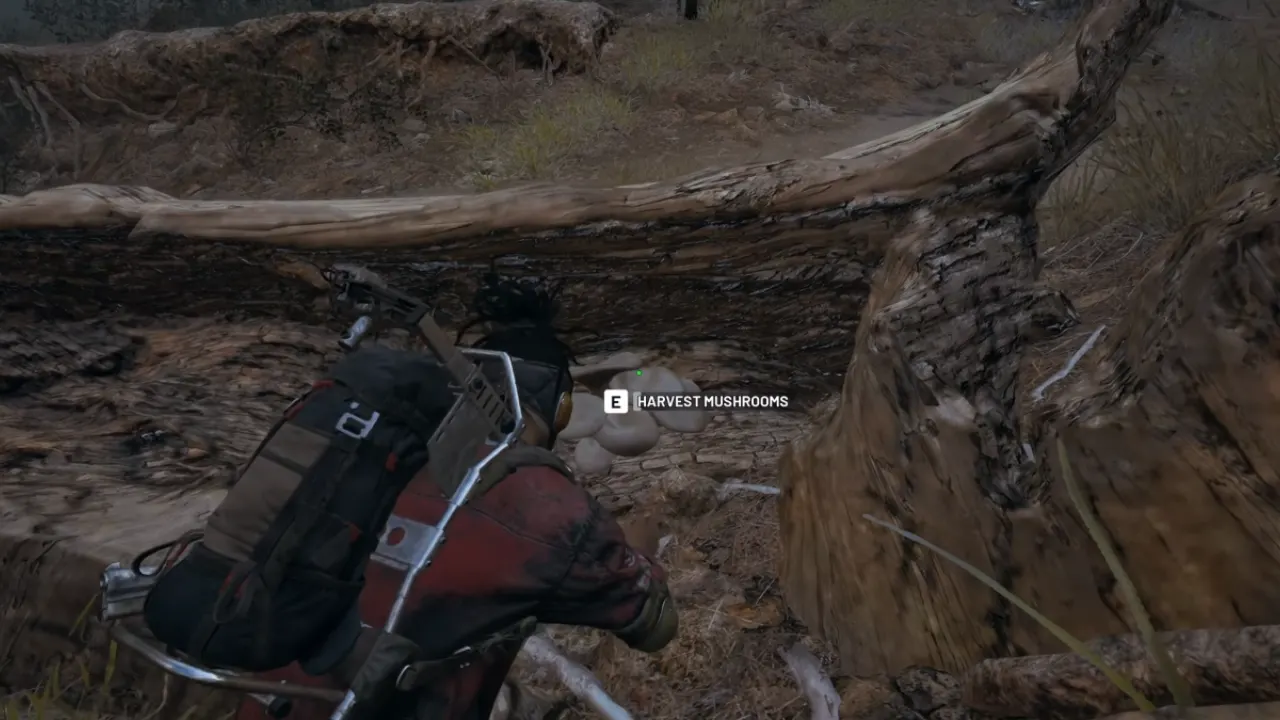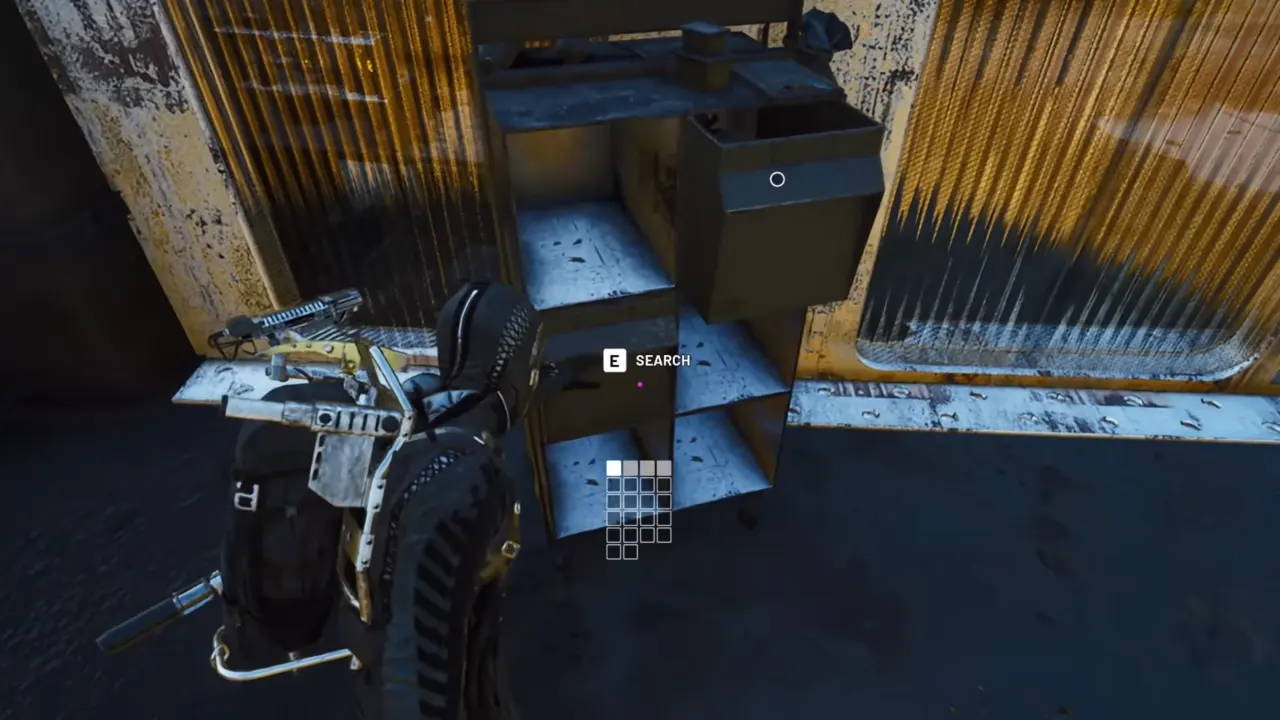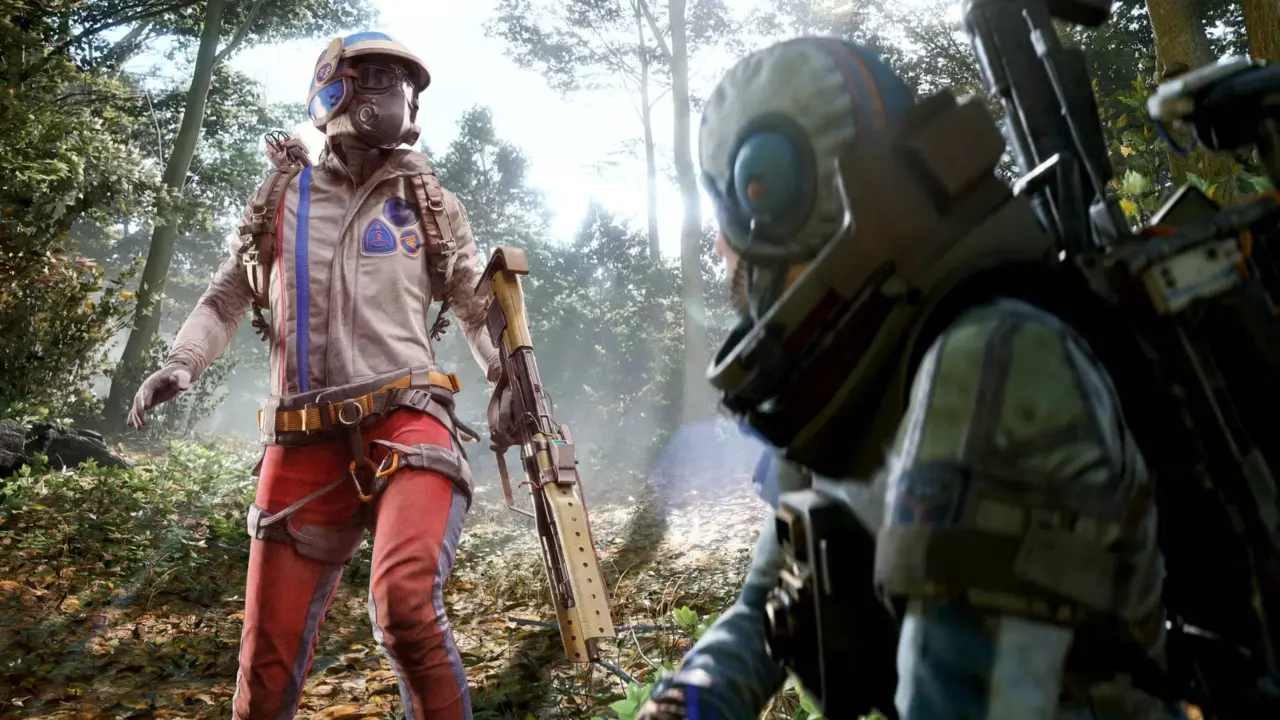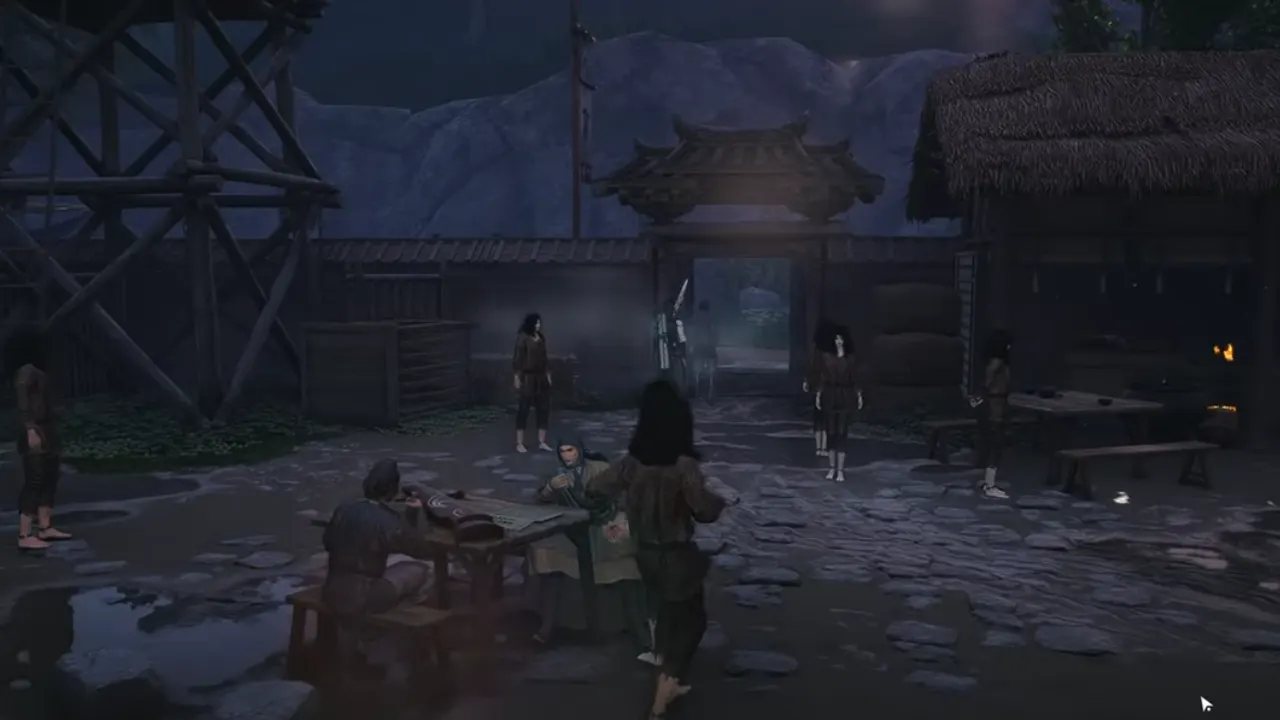One of the earliest big crossroads in The Outer Worlds 2 hits when you get pulled between Auntie’s Choice and The Order of the Ascendant — two factions that couldn’t be more different in philosophy, style, and general weirdness. Both claim they’re trying to save humanity. Both have blood (or at least bureaucracy) on their hands, and both are fully confident that they’re right.
You’re not permanently locked into one side, and you can even play peacemaker between the two for an achievement. But if you’re wondering who you should trust between Auntie’s Choice and The Order of the Ascendant or if either of them really deserves your trust, let’s explain what each faction stands for, what they’re hiding behind their slogans, and how your decision affects the story.
- Related: The Outer Worlds 2 In Pursuit of Purloined Propaganda Guide: All Science Magazine Locations
Should You Trust Auntie’s Choice in The Outer Worlds 2?
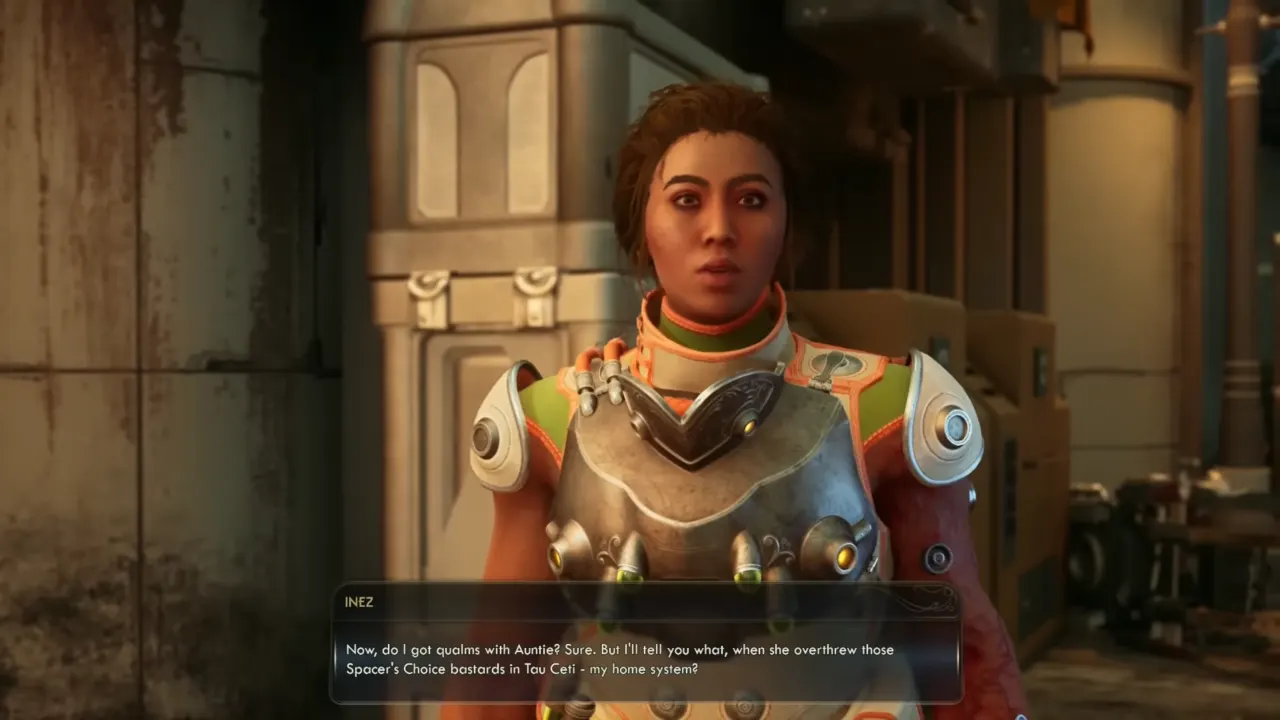
Auntie’s Choice is what happens when Spacer’s Choice and Auntie Cleo’s from the first game get tired of competing and decide to merge into one mega-corporation. The result is a pastel-colored dystopia where everything from your meals to your morals is stamped with a trademarked logo.
When you first land on Paradise Island, you’ll encounter Auntie’s Choice very early. They’ve turned the place into a hyper-branded “utopia” where productivity means survival. Their ads promise liberty and prosperity, but you can practically smell the recycled soy protein and corporate hypocrisy in the air.
Everyone here is somehow “free,” but only if you’re producing something profitable. You’ll get paid for your work and then immediately hand it back to the company, buying their brand’s expensive food, medicine, and housing.
From a complete practical perspective, trusting and choosing Auntie’s Choice makes early game exploration easier. They control most of Paradise’s infrastructure, so once you team up with them, it opens shortcuts, vendors, and easy access to supplies. If your playstyle leans toward corporate manipulation or a smooth-talk pragmatist, you can climb their ladder and make good money doing it.
The reason why you might not choose Auntie’s Choice is that this order is only about profit, not people. Their citizens are products, and when they’re no longer useful, they’re quietly “retired.” If your character roleplays as a freedom-loving rebel or moral idealist, you’ll find their world suffocating. Even the vending machines sound smug. If you remember The Board from the Outer Worlds 1, Auntie’s Choice feels like their successor, even more soulless.
Should You Trust the Order of the Ascendant in The Outer Worlds 2?
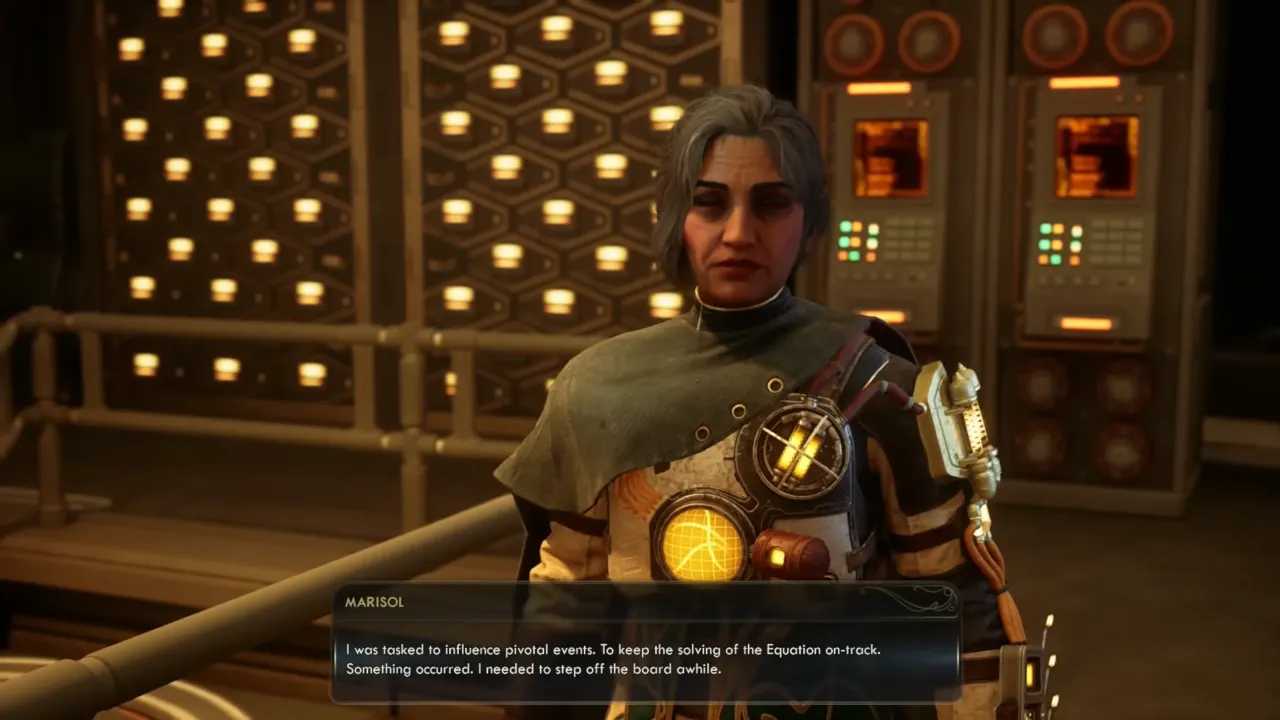
The Order of the Ascendant faction is the polar opposite of Auntie’s Choice’s neon consumer paradise. You’ll first encounter them on Dorado, at Golden Ridge, where their mathematical temples gleam with the serenity of a research cult.
The Order broke away from the Protectorate years ago, trading military control for intellectual enlightenment. They worship something they call the Universal Equation, a formula they believe can predict (and perfect) the future of humanity. In their minds, emotion, chaos, and “unquantifiable variables” are barriers to true ascension. They’re scientists turned zealots, monks with calculators instead of crosses.
If you’re playing a science or intellect-focused build, you can trust the Order of the Ascendant and side with them because the Order’s philosophy seems tailor-made. They value logic, precision, and the pursuit of truth over money or superstition. They want to close the Rifts with the belief that the anomalies corrupt their calculations and perhaps even reality itself.
Their leader and many of their scholars believe in making humanity better through knowledge. The clean, calm, minimalistic architecture and atmosphere of their settlements reflect that in comparison to the blaring billboards of Auntie’s Choice. Their companion, Marisol, a mathematician-assassin, shows this blend of intellect and discipline very well. She is pragmatic, deadly, and obsessed with precision in combat and philosophy.
Why might you not choose the Order of the Ascendant? Scratch beneath their calm equations, and the Order is a little less noble. Their society is so in-depth in mathematics that the order’s people become numbers — probabilities to be optimized, not lives to be valued. If the math says a thousand should die for one to ascend, most of them wouldn’t blink.
You’ll see this firsthand when a Zyranium bomb from the Order obliterates an Auntie’s Choice settlement during your time on Golden Ridge. The act is brushed off as an “error in projection,” but it’s hard not to notice how little remorse they show. The Order’s devotion to their calculations borders on cultish. And when logic replaces empathy, things tend to spiral fast. So you should decide it yourself from your moral perspective if they are worth your trust.
Which Faction to Choose in The Outer Worlds 2?
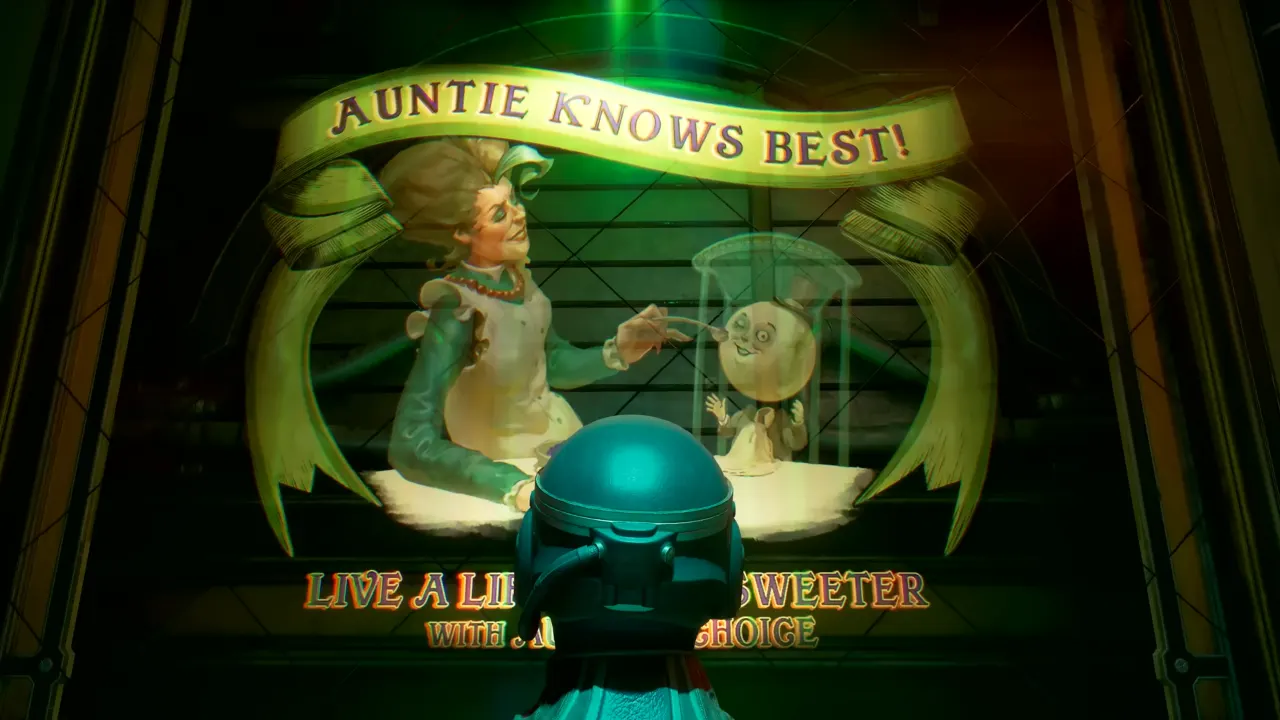
That depends completely on your character and the kind of story you want to progress. If you’re a profit-hungry pragmatist who believes survival means playing the system, Auntie’s Choice will be your natural fit. You’ll get resources, connections, and some biting satire about the cost of convenience.
If you’re a truth seeker or a player who loves philosophical factions, the Order of the Ascendant offers an interesting mix of mysticism and science. You’ll spend more time debating destiny than selling toothpaste, but you won’t be happy with where their math leads.
And if you can’t stomach either? There are hints of an independent or wildcard path later in the story, near New Vegas’ “screw them all” approach. You can even achieve an ending where both factions cooperate, which nets an achievement and some surprisingly hopeful dialogue.
In the grand tradition of The Outer Worlds, neither faction is completely good or evil; they just have different flavors of self-justified madness. Auntie’s Choice wants to sell you salvation one product at a time, while the Order of the Ascendant likes to calculate it to seven decimal places.

